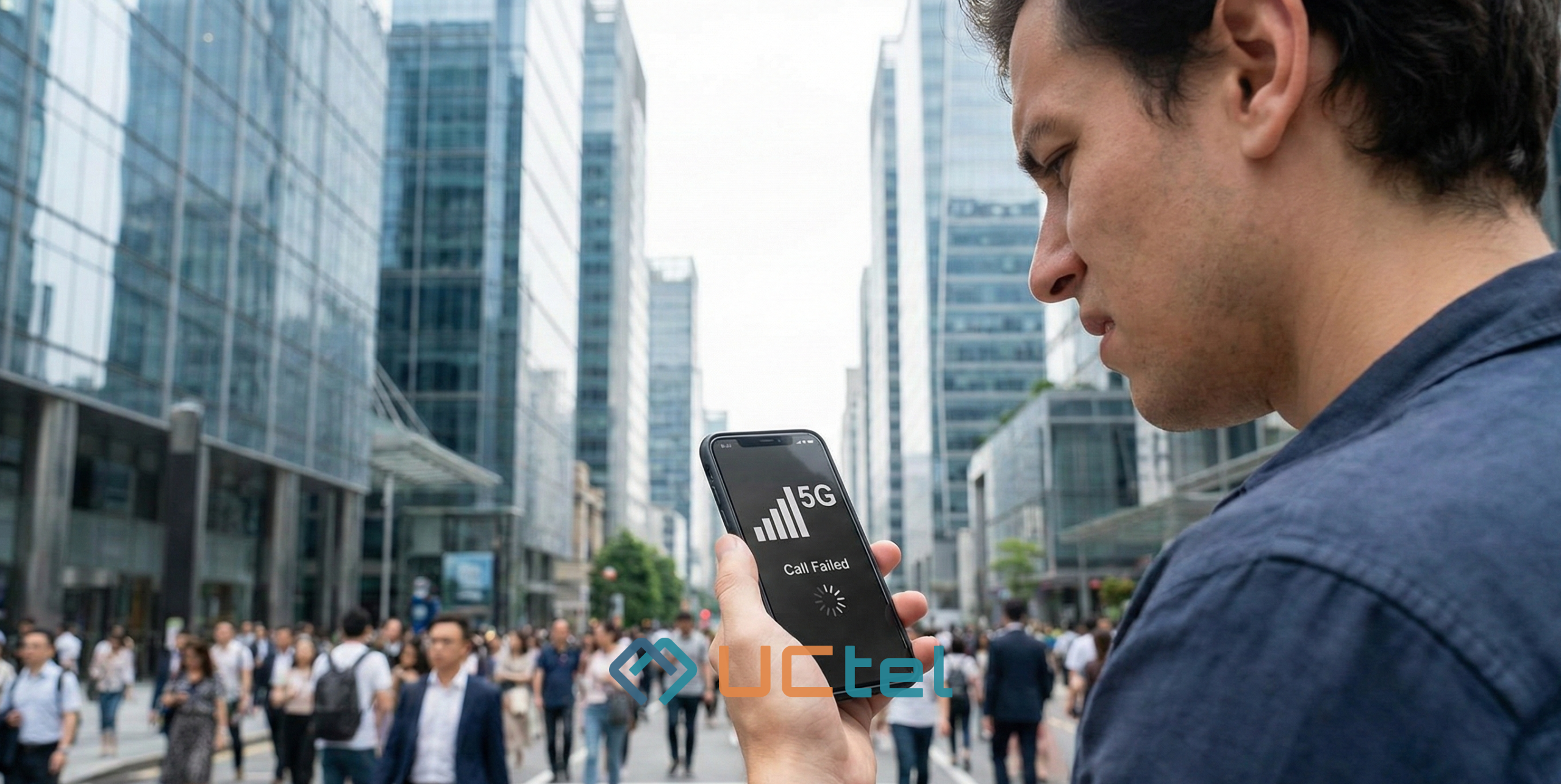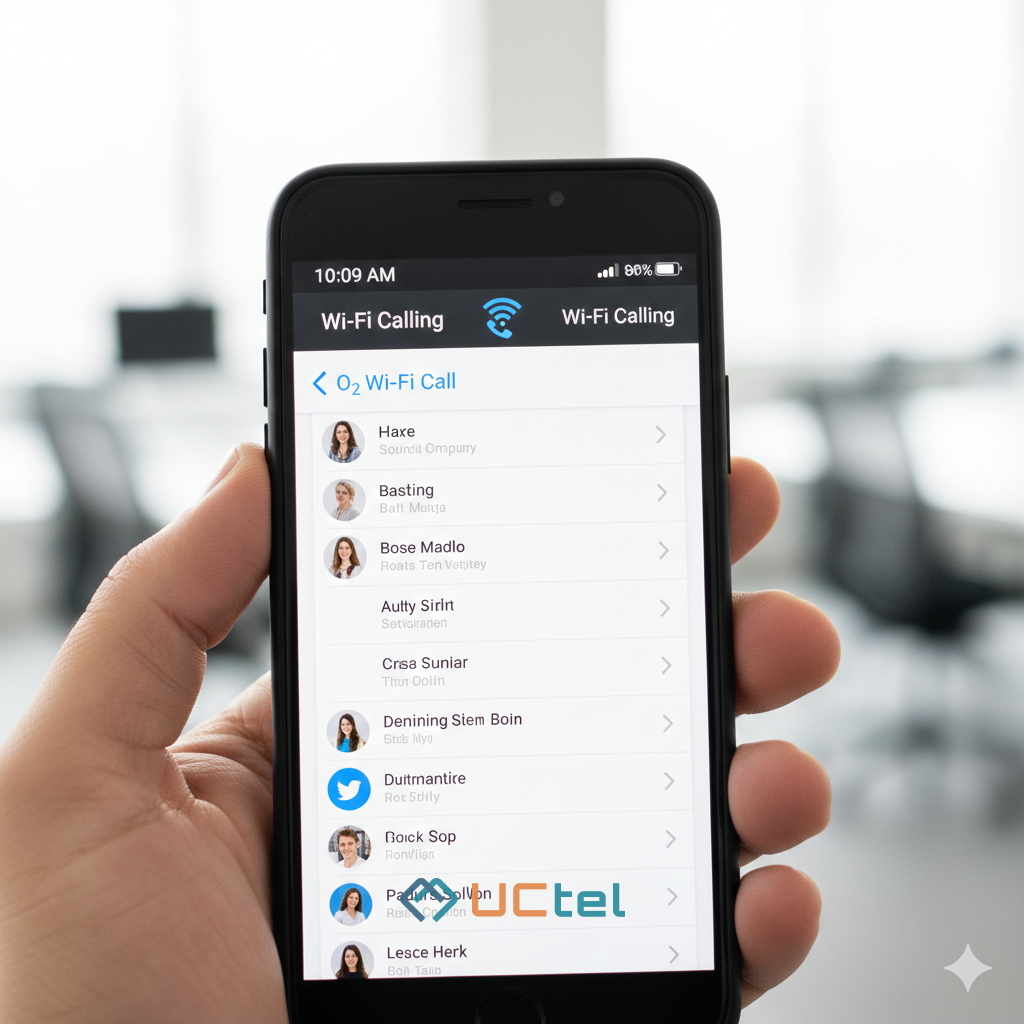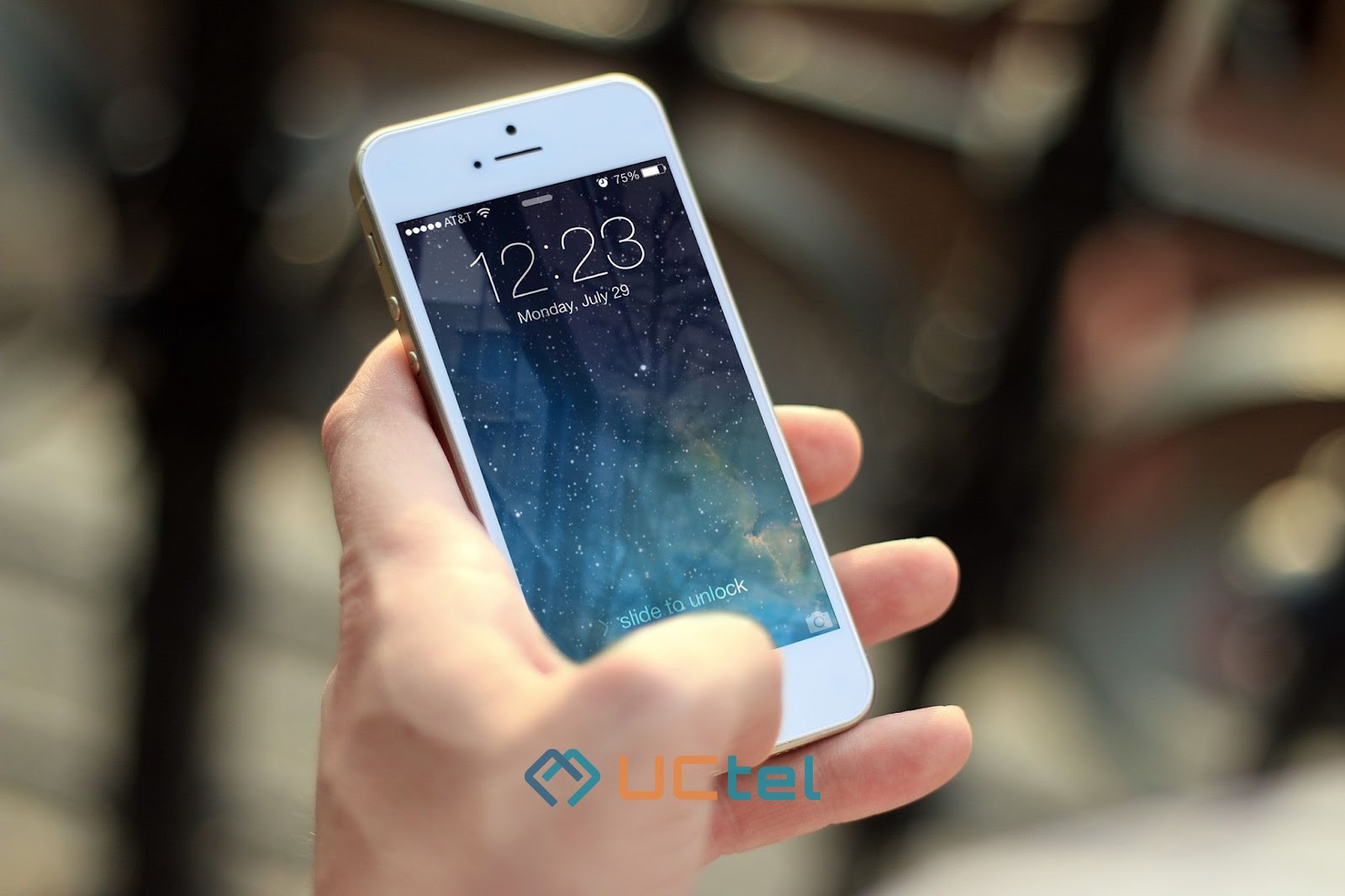
Does Weather Affect a Mobile Signal: How to Have a Strong Signal in Any Weather
Table of contents
In our increasingly digital world, staying connected through mobile devices is essential. Whether it's for work, socializing, or accessing information, we rely heavily on a robust mobile signal daily. However, mobile connection is sometimes not as strong as we would like it to be. Does the weather have anything to do with it?
In this article, we will address the question, “Can weather affect mobile service?” and explore how cold, heat, and rain can affect mobile connection. We’ll also provide you with practical tips on maintaining a strong mobile signal, no matter the conditions outside.
How does Bad Weather Affect the Mobile Signal?
Let’s have a closer look at how weather can affect mobile connection and deteriorate the quality of your mobile signal.
Rain and Fog
Weather conditions like rain or fog can cause signal attenuation, causing the signal strength to weaken. As the signal passes through raindrops, it weakens, which means your signal quality will worsen during such weather. However, the level of deterioration because of this is not so high, and sometimes even unnoticeable.
Thunderstorms and rainstorms, on the other hand, are the real deal and are a true danger to your mobile connection. Thunderstorms, with their intense electrical activity, can disrupt cell towers and temporarily cause signal interference or interrupt your signal completely. They can even cause severe damage to cell towers, which can only be fixed after the rain.
5G signals, which operate at higher frequencies than 4G, are more susceptible to attenuation by rain and fog. Heavy rain and thick fog can absorb and scatter the higher-frequency 5G waves, leading to signal loss and reduced performance.
While 4G signals are also affected by rain and fog, they are more resilient than 5G due to their lower operating frequencies. Rain and fog may still cause some problems with signal quality, but the impact is typically less severe.
Cold Weather and Snow
Can cold weather affect the internet connection? Definitely yes! Accumulated snow and ice on cell tower antennas can obstruct signals, leading to signal degradation or even complete outages. Additionally, ice build-up can add extra weight to antennas, potentially causing structural damage.
Besides, severe wind conditions can cause antennas to sway or misalign. As a result, people experience poor coverage and interrupted calls.
Cold weather and snow can affect both 5G and 4G signals, but again, the impact is generally more pronounced on 5G due to its higher frequency. Snow accumulation on 5G antennas can block or obstruct signal transmissions, leading to signal degradation or temporary outages.
4G signals are typically more resilient to cold weather than 5G. They are less susceptible to temperature-related disruptions in the network infrastructure. However, as most 4G towers were built more than a decade ago, they might not be equipped with proper insulation. This factor will lead to antennas being covered in ice and snow, and, as we said earlier, the ice is your prime enemy in the fight for a better signal.
Extreme Heat
Does hot weather affect a mobile phone signal? Yes. Prolonged exposure to extreme heat can damage electronic components in cell towers, potentially leading to overheating and signal disruptions. However, the effect is not as significant as for all other conditions and usually can be avoided with proper maintenance.
Warm and Sunny Weather
Warm and sunny weather typically has a limited impact on mobile signals, whether it's 4G or 5G. These conditions are generally favourable for maintaining a strong and stable connection. Clear skies and minimal atmospheric interference, such as rain or fog, contribute to stable and consistent coverage.
Foliage
Continuing the previous point, there might be one problem with warm weather, although not directly related. During the spring and summer, trees tend to be lush with leaves, which can act as barriers to radio waves. This effect is particularly noticeable in rural or heavily wooded areas, where a signal may not be as good as in big cities, and trees can obstruct the line of sight between your device and the nearest cell tower.
It may be necessary to reposition your device or consider signal boosters to maintain a strong signal in such conditions and overcome the seasonal foliage challenges.
How to Stay Connected in any Weather?
To mitigate the above-listed issues and ensure more reliable communication during extreme weather, you can use a 4G or 5G signal booster. This solution will help you maintain better communication even in challenging weather conditions.
UCtel signal boosters enhance mobile coverage, ensuring reliable calls and faster data speeds. With years of expertise in the field, UCtel signal boosters are engineered to provide unmatched performance, delivering strong and consistent cellular reception.
Explore how UCtel ensured a strong mobile signal for all four UK networks in Central Middlesex Hospital and other case studies. Don't let extreme weather conditions disrupt your communication – boost your signal with UCtel now!
Final Thoughts
In essence, the impact of weather on your mobile signal quality can vary significantly depending on the specific weather condition. Understanding how these conditions affect your signal can help you take steps to ensure a more reliable connection, no matter the weather.
Mobile signal boosters effectively ensure stable signal quality in adverse weather conditions. Enhancing your signal strength allows you to stay connected, make calls, and access data even during rain, snow, or storms.






